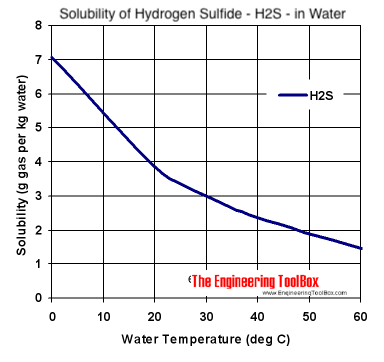That unit has poor documentation IMO.
https://terrylove.com/forums/index....heater-no-rotten-egg-smell.77342/#post-571874 has my misgivings about stubby anodes in a tall WH.
However that form factor does look like it would fit. A stubby anode would still be much better than a brass plug.
With the Ceranode, you would add a nipple and coupler. The nipple would screw into the WH, the coupler would go above that, and then the powered anode. The nipple should be a dielectric nipple, and the coupler brass. I see there are 3/4 x 4 and 3/4 x 5 dielectric nipples readily available.
Incidentally, when installing the powered anode, you don't need to use anywhere near as much torque as it took to remove the old anode.
https://terrylove.com/forums/index....heater-no-rotten-egg-smell.77342/#post-571874 has my misgivings about stubby anodes in a tall WH.
However that form factor does look like it would fit. A stubby anode would still be much better than a brass plug.
With the Ceranode, you would add a nipple and coupler. The nipple would screw into the WH, the coupler would go above that, and then the powered anode. The nipple should be a dielectric nipple, and the coupler brass. I see there are 3/4 x 4 and 3/4 x 5 dielectric nipples readily available.
Incidentally, when installing the powered anode, you don't need to use anywhere near as much torque as it took to remove the old anode.
Last edited:

